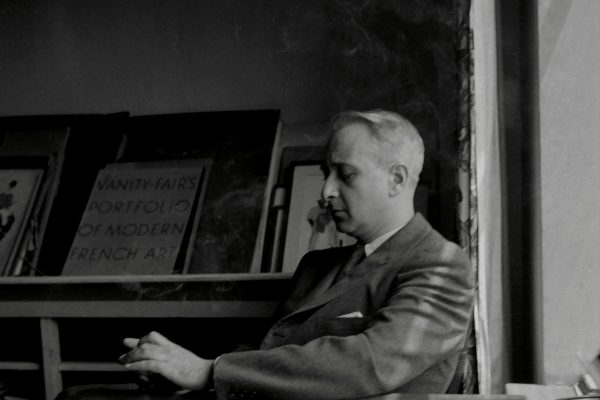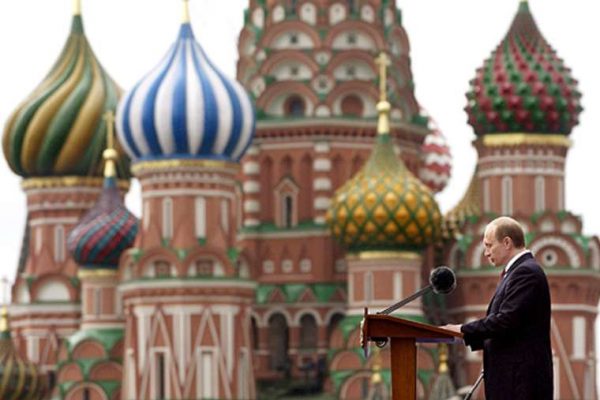Chomsky on MisEducation
Noam Chomsky (edited by Donald Macedo)
Rowman & Littlefield, $19.95 (cloth)
Noam Chomsky (edited by Donald Macedo)
Rowman & Littlefield, $19.95 (cloth)
This collection of essays, book excerpts, lectures, and dialogues examines the place of education in American society and, more specifically, the ways in which the powerful work to indoctrinate citizens and coerce public opinion. Reasonably noting that "learning" does not happen only during the years of formal education, this book approaches education as a lifelong process—one pursued first through textbooks, teachers, and school discipline, and then later through media and the rhetoric of government institutions. In the first two pieces, Chomsky discusses education policy explicitly, and argues that American schools inititate the process of indoctrination (in particular, into what he calls an "America #1" mentality). Later in life, that same message is transmitted by the prime information sources of the general population—the media and the government. The latter parts of the book contain a number of interviews and dialogues about recent news events—former Boston University President John Silber enters in a surprising cameo to debate Chomsky on the US operations in Central America; more friendly interlocutors are also present. Little new ground is broken here for those already familiar with Chomsky's social criticism, but his intellect continues to be provocative and liberating.
—Landon Thorpe
The Right Moment: Ronald Reagan's First Victory and the Decisive Turning Point in American Politics
Matthew Dallek
The Free Press, $25 (cloth)
Matthew Dallek
The Free Press, $25 (cloth)
Though the story it tells does not justify its extravagant subtitle, Matthew Dallek's history of the 1966 California gubernatorial race is a compelling account of a campaign that launched a political career and signaled the rise of the New Right in American politics. In that campaign, Reagan faced off against Pat Brown, a two-term incumbent whose coalition was splintering over campus unrest (antiwar activists found him too close to university administration and the Johnson administration) and civil rights (many middle-class whites disliked Brown's support for legislation against housing discrimination and his handling of the 1965 Watts riots). Reagan, Dallek argues, not only took advantage of disunity and backlash, but posed a coherent ideological challenge to liberal government. By blaming social programs and government meddling for the unrest, Reagan won white, middle-class Californians—many of whom had previously considered the right wing an "extremist" fringe—over to his campaign. This "law-and-order" rationale for conservative rule was, according to Dallek, the "real Reagan revolution": even more than the tax cuts and defense build-up that Reagan enacted during his presidency, his California career framed the issues in terms that Republicans would use, from Nixon to Gingrich to Bush.
—Jefferson Decker
One Market Under God: Extreme Capitalism, Market Populism and the End of Economic Democracy
Thomas Frank
Doubleday, $26 (cloth)
Thomas Frank
Doubleday, $26 (cloth)
The market, when it's left alone, offers real choice to its participants, in their roles as both consumers and workers; and in choosing, individuals give voice to their convictions. It's an arena in which the popular will expresses itself—in fact, an arena of public opinion, the locus of democracy, the legitimate successor to our now-obsolete electoral politics. So says the ideology that underwrites the New Economy—or "market populism," as cultural skeptic Thomas Frank dubs it in One Market Under God. Frank is a skeptic about the current consensus. He takes systematic aim at the architects of millennial economic opinion: journalists and columnists, cultural studies academics, ad-men, and the shills of the new management literature. He prefers genealogy to explicit critique, letting his subjects speak for (and most of the time hang) themselves. The mistakes made by the boosters are legion, but they share one overriding theme: ignoring the ways in which increasing inequality of wealth and concentration of the power of big business, unchecked by government or the labor movement, constrain workers and consumers. It turns out that all market populism buys us is the corporate version of what individual agency amounts to—which isn't worth much.
—Jason Disterhoft
American Project: The Rise & Fall of a Modern Ghetto
Sudhir Alladi Venkatesh
Harvard University Press, $29.95 (cloth)
Sudhir Alladi Venkatesh
Harvard University Press, $29.95 (cloth)
In 1962, the Robert Taylor housing project was supposed to become "one of the most attractive and livable [communities] in Chicago." The high-rise buildings on the city's South Side were in good repair, and there was a good mixture of working-class and poor households. This state of affairs didn't last. By the early 1990s, heavy narcotics trafficking and gang warfare rendered the same project a setting for drive-by shootings and persistent sexual harassment; the buildings had degenerated to the point that many residents lived in abject squalor. But, as Sudhir Alladi Venkatesh explains, this degeneration did not follow a straight-line path, nor was there a sudden, steep decline. Rather, the history of the Robert Taylor homes involves complex, often unanticipated interactions among tenants, the Chicago Housing Authority, police, surrounding communities, municipal political machines, and the federal government—each of which played a role in the problems. The book focuses on how, despite inadequate public and institutional support, residents constructed intricate social structures to fight for tenant rights and representation, and for amenities such as working elevators, safe and accessible public playgrounds, and health or employment services. Some of the most compelling anecdotes describe different residents' entrepreneurial endeavors outside of the traditional economy, from freelance car repair and meal preparation to prostitution. Now that much of the Robert Taylor Homes are scheduled for demolition, American Project provides a nuanced depiction of the people who lived their lives there.
—Celina Su







